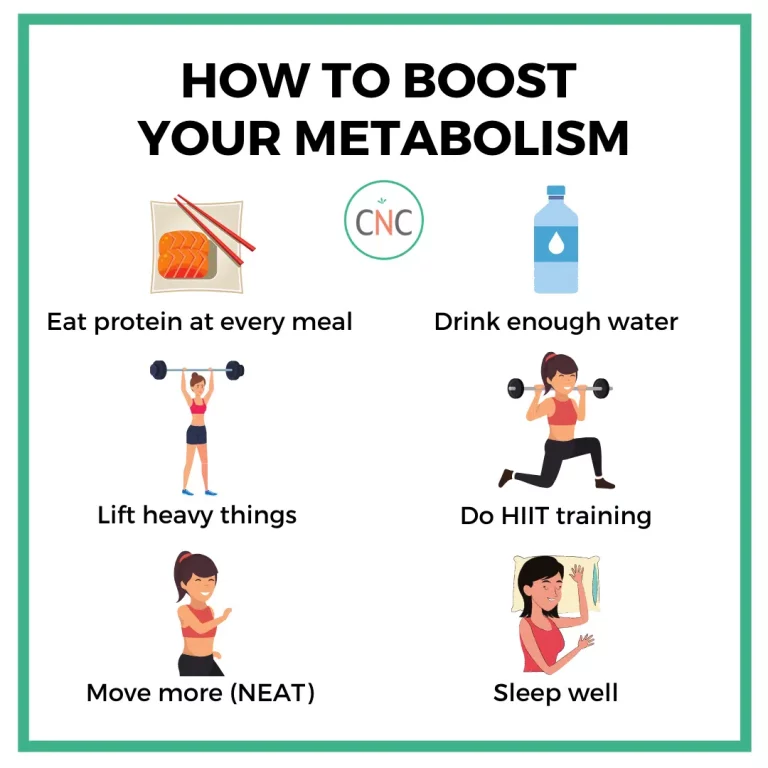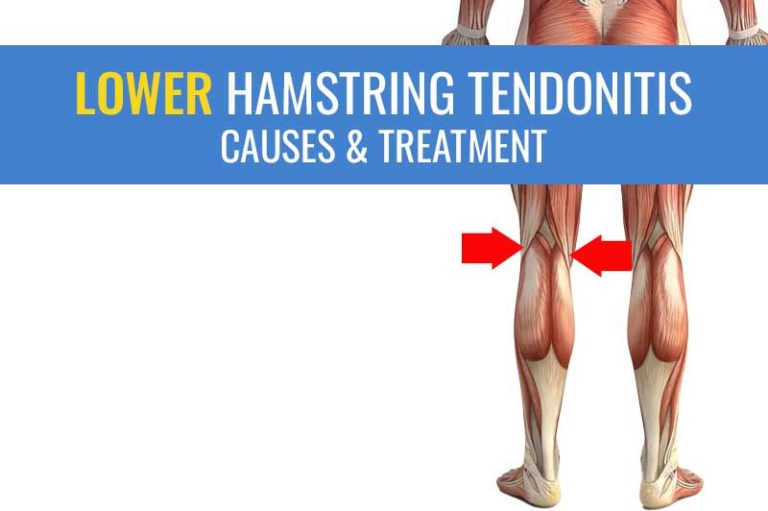Pros And Cons of a Half Marathon
Running a half marathon can improve fitness levels but may lead to potential injuries. Half marathons offer a challenge for runners, promoting physical health and mental well-being.
Participants gain a sense of accomplishment and establish a regular exercise routine. However, training can be time-consuming and may cause fatigue or muscle strain. Injuries such as stress fractures or overuse injuries can occur, requiring proper training and recovery strategies.
Engaging in half marathons can enhance cardiovascular endurance and boost overall health but should be approached with caution to prevent injury and burnout. Balancing training intensity with adequate rest is crucial for a successful half marathon experience.

Credit: www.postbulletin.com
The Benefits
Running a half marathon has several benefits that go beyond just physical health. This challenging yet rewarding activity can have a positive impact on both your physical well-being and mental state. Let’s explore the benefits in more detail:
Physical Health
Running a half marathon requires consistent training and long-distance running, which can greatly improve your overall physical fitness. Here are some ways in which it can boost your physical health:
- Improves cardiovascular endurance: Long-distance running enhances heart and lung function, improving your overall cardiovascular health.
- Boosts calorie burn: Running a half marathon can help you burn a significant amount of calories, aiding in weight loss or weight management.
- Strengthens muscles and bones: The repetitive impact of running can increase bone density and strengthen major muscle groups in your legs.
- Promotes better sleep: Regular exercise like running can improve sleep quality, helping you feel more refreshed and energized.
- Enhances immune system: Engaging in moderate-intensity exercises, like running, can enhance your immune system, reducing the risk of illnesses.
Mental Well-being
The benefits of running a half marathon extend beyond just physical health. It also contributes to your mental well-being in the following ways:
- Stress relief: Running releases endorphins, reducing stress levels and improving your mood.
- Increased self-confidence: Completing a half marathon can give you a sense of accomplishment and boost your self-esteem.
- Sharper cognitive function: Regular aerobic exercise, such as running, has been linked to improved cognitive function and memory.
- Improved mental resilience: Training for a half marathon requires discipline and perseverance, which can strengthen your mental resilience.
- Opportunity for social connections: Participating in a half marathon can provide social interaction and a sense of community through training groups and event participation.
Training Considerations
Exploring the idea of running a half marathon brings a mix of benefits and challenges. On one hand, it can be a great way to build endurance and achieve a personal milestone. However, it requires dedicated training and might pose a risk of overuse injuries.
Consider your readiness and goals carefully before taking on the challenge.
Physical Preparation
Physical preparation is vital for half-marathon training. Regular exercises like running, strength training are crucial.
- Consistent training builds endurance and prevents injuries.
- Proper rest is essential to muscle recovery.
Mental Endurance
Building mental endurance is as crucial as physical training. Mental preparation can boost performance.
- Stay positive during long runs to overcome challenges.
- Mental toughness aids in pushing through difficult moments.
Challenges
Running a half marathon comes with various challenges to overcome. It’s essential to understand the injury risks and the significant time commitment involved in training for and completing a race.
Injury Risks
Training for a half marathon can put strain on the body, increasing the risk of common running injuries such as shin splints, runner’s knee, and stress fractures. It is crucial to listen to your body and allow for proper rest to prevent injuries.
Time Commitment
Preparing for a half marathon requires dedicated training, which can be time-consuming. Balancing training with work, family, and other commitments may be challenging, necessitating a well-structured schedule and discipline.
Race Day Experience
Running a half marathon offers a challenging race day experience, but it also comes with its share of pros and cons. On the positive side, you’ll push your physical limits and achieve a major accomplishment, but you may also face the risk of injury and require extensive training and preparation.
Ultimately, the decision to run a half marathon depends on your personal goals, fitness level, and commitment.
Atmosphere
Race day brings an incredible atmosphere that sets the tone for an unforgettable experience. Being surrounded by thousands of enthusiastic runners, energized crowds, and vibrant music blaring from the speakers, you can’t help but feel a surge of excitement and anticipation. The atmosphere of a half marathon race day is electric, pushing you to give your all and achieve new heights.
Achievement
Completing a half marathon is an achievement worth celebrating. Crossing the finish line after months of training and pushing your limits is an indescribable feeling of accomplishment. It’s a moment that fills you with pride and boosts your confidence, knowing that you set a goal and accomplished it. The sense of achievement gained from running a half marathon carries over to other areas of life, inspiring you to take on new challenges without hesitation.
On race day, the atmosphere is like no other. The enthusiasm of fellow runners, the cheers from crowds, and the adrenaline pumping through your veins create an experience that will stay etched in your memory forever.
The atmosphere of a half marathon race day is not something you can adequately describe – it’s something you have to experience for yourself. From the moment you step foot at the starting line, the buzz of excitement fills the air, fueling your determination and drive to succeed. The energy is contagious, pushing you to give it your all and surpass your own expectations.
Completing a half marathon is an achievement that can’t be underestimated. It’s a testament to your dedication, discipline, and perseverance. Months of training, early mornings, and long runs culminate in a single moment when you cross the finish line. That feeling of accomplishment is like no other, filling you with a sense of pride and satisfaction that radiates into other aspects of your life.
Running a half marathon teaches you the value of setting goals, working hard, and pushing boundaries. It gives you the confidence to tackle challenges outside of the race course, knowing that you have the mental and physical strength to overcome any obstacle. The achievement of completing a half marathon is a tangible proof that you are capable of more than you ever imagined.
So, lace up your running shoes and embrace the atmosphere and achievement of running a half marathon. The journey may be challenging, but the rewards are immeasurable. Don’t miss out on this opportunity to experience the electric race day atmosphere and relish in the accomplishment of crossing the finish line.
Post-race Recovery
Recovery after completing a half marathon is crucial for restoring your body and mind. Proper post-race recovery helps in preventing injuries, revitalizing muscles, and replenishing energy reserves.
Physical Care
Physical recovery involves taking care of the body after the intense physical exertion of a half marathon. This includes:
- Hydration: Drink plenty of water and electrolyte-infused fluids to rehydrate your body and replace lost fluids from sweating.
- Nutrition: Consume a balanced meal rich in protein, healthy fats, and carbs to aid muscle repair and restore energy levels.
- Rest: Allow your body ample time for rest and recovery by getting sufficient sleep and incorporating light activities like walking or gentle stretching for improved blood circulation.
- Massage: Consider getting a sports massage to aid muscle recovery, reduce muscle soreness, and promote healing.
- Ice Bath: Some runners find relief from post-race muscle soreness by taking a brief cold bath or using ice packs on particularly sore muscles.
Mental Relaxation
Mental well-being is equally important in post-race recovery. The psychological aspect of recovery includes:
- Reflection: Reflect on your race experience, celebrate your achievement, and set new goals to prevent post-race blues.
- Relaxation Techniques: Engage in activities such as yoga, meditation, or deep breathing exercises to promote relaxation and decrease stress levels.
- Social Support: Surround yourself with supportive friends, family, or fellow runners to share your experience and receive encouragement.
- Distracting Activities: Engage in light, enjoyable activities like reading, watching movies, or spending time outdoors to take your mind off the race and promote mental relaxation.

Credit: www.runnersloveyoga.com

Credit: marathonhandbook.com
Frequently Asked Questions Of Pros And Cons Of Running A Half Marathon
What Is The Average Time For A Half Marathon For A Man?
The average time for a man to complete a half marathon is around 1 hour and 45 minutes.
Can You Run A Half Marathon If You Can Run 10 Miles?
Yes, if you can run 10 miles, you can train to run a half marathon. Gradually increase your mileage for endurance.
What Are The Benefits Of Running A Half Marathon?
Running a half marathon has several benefits. It improves cardiovascular health, boosts stamina, helps in weight management, enhances mental well-being, and builds overall strength and endurance. Additionally, it provides a sense of achievement and a great opportunity to connect with other runners.
Conclusion
To summarize, running a half marathon has its share of advantages and disadvantages. On the positive side, it offers an exhilarating sense of achievement, improved physical fitness, and the opportunity to bond with like-minded individuals. However, it also comes with the risk of injuries, requires substantial training, and may be time-consuming.
Ultimately, the decision to run a half marathon should be based on personal preferences and circumstances. Whether you decide to take on the challenge or not, it’s important to prioritize your health and listen to your body.






